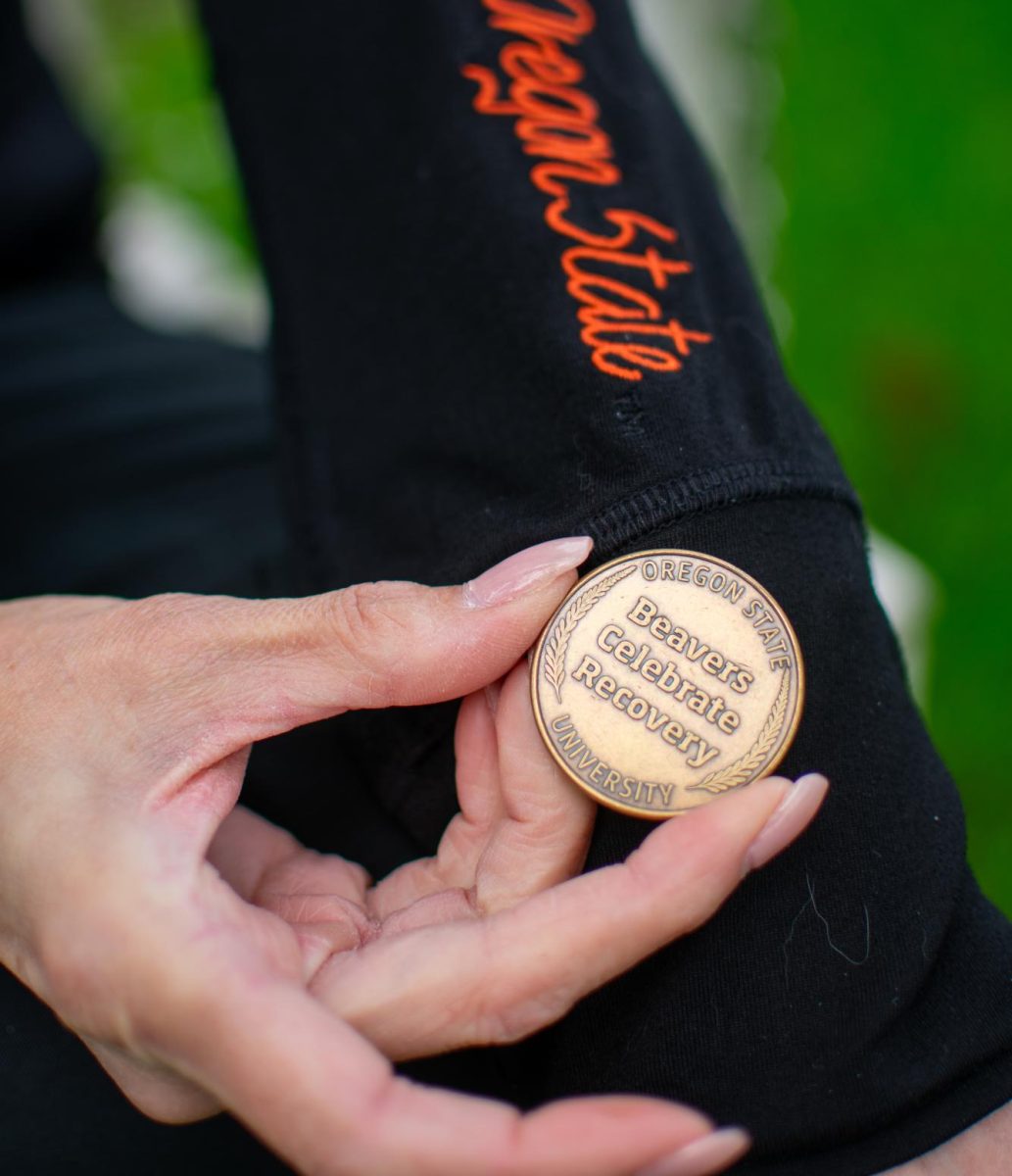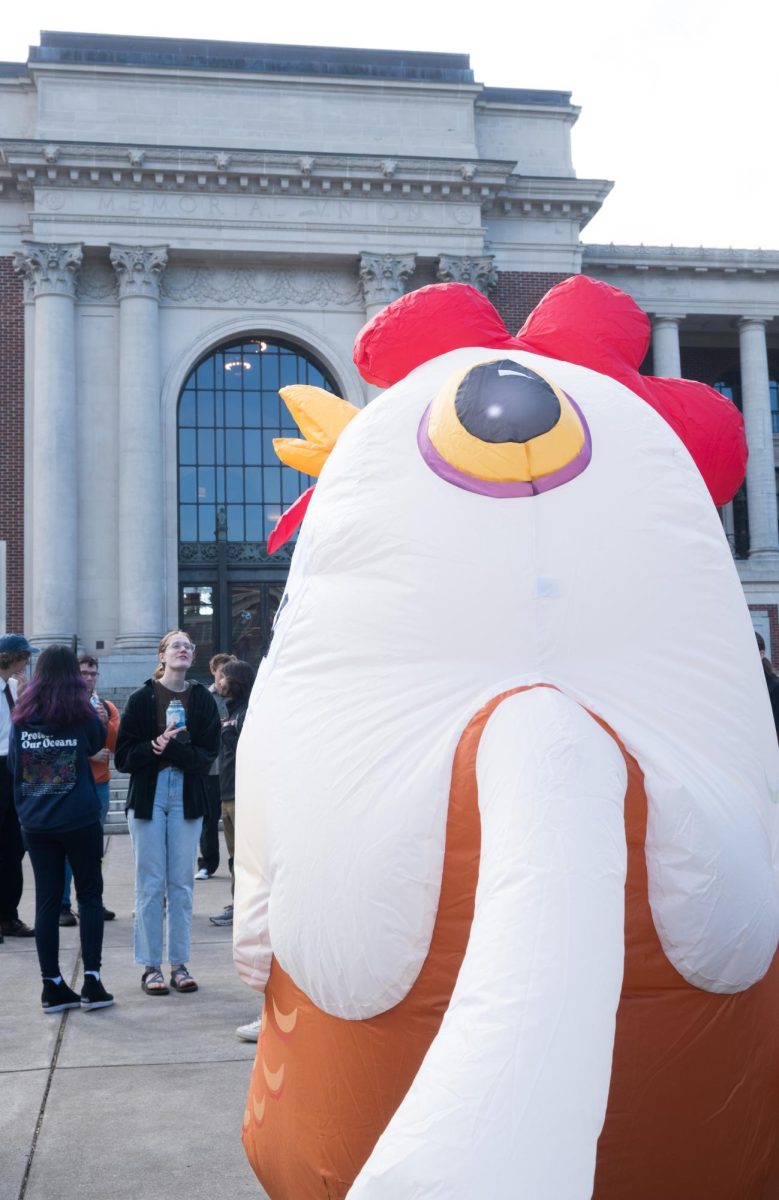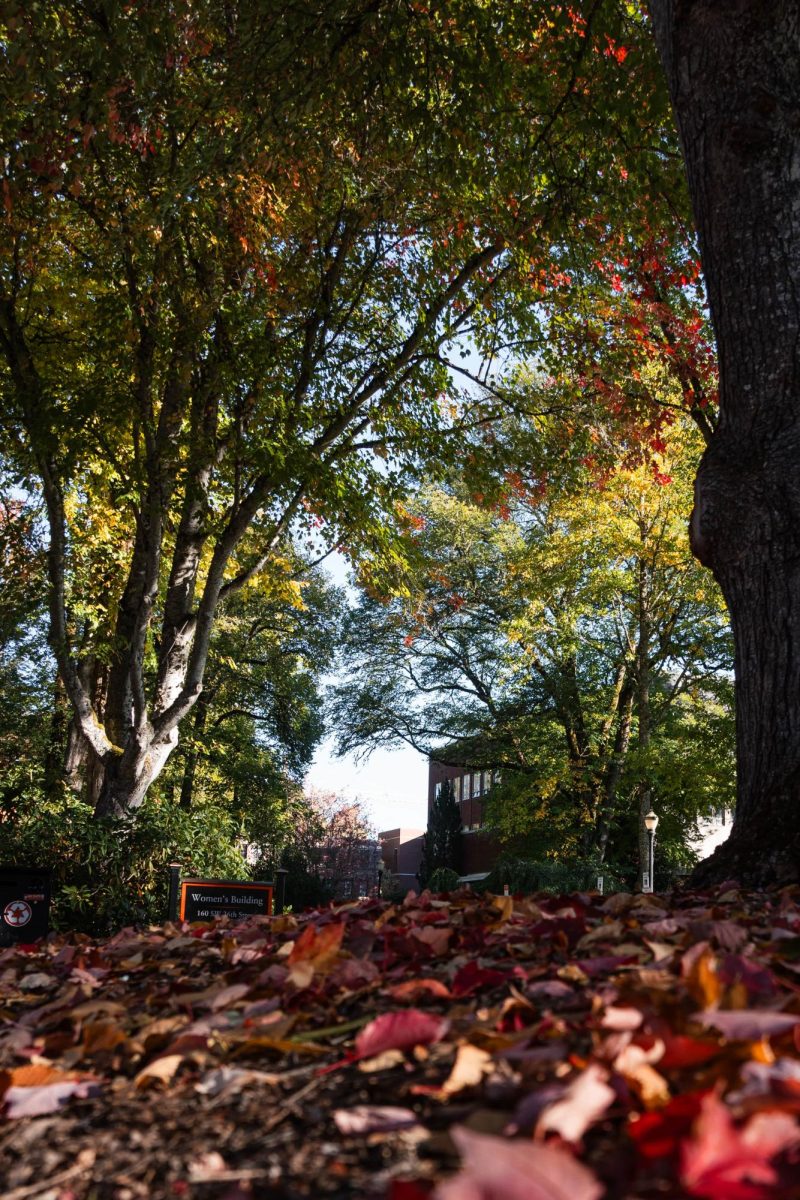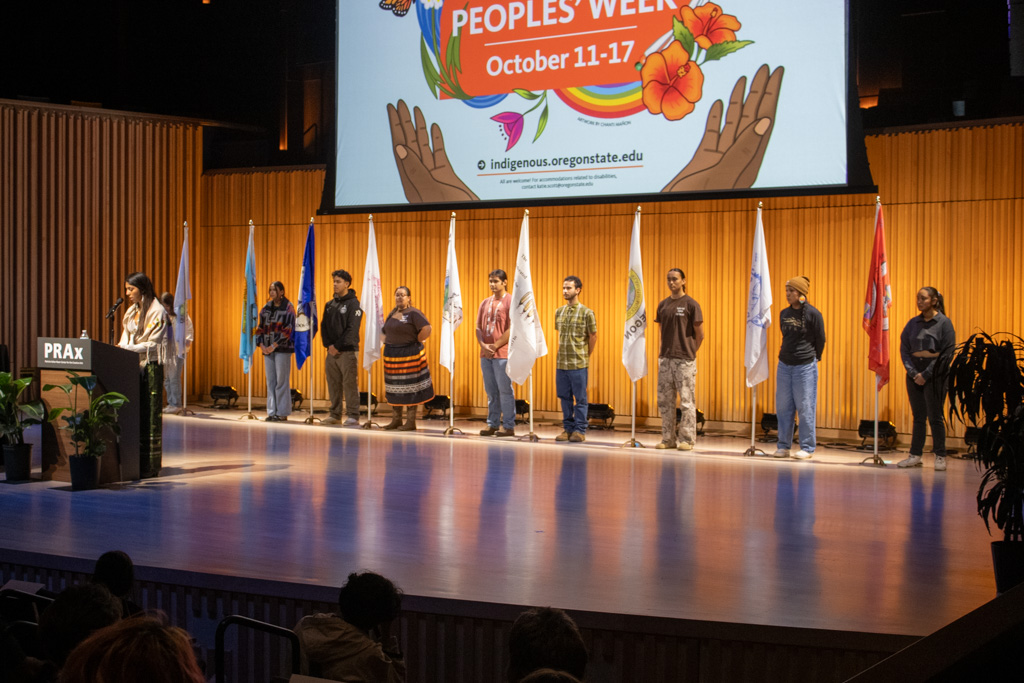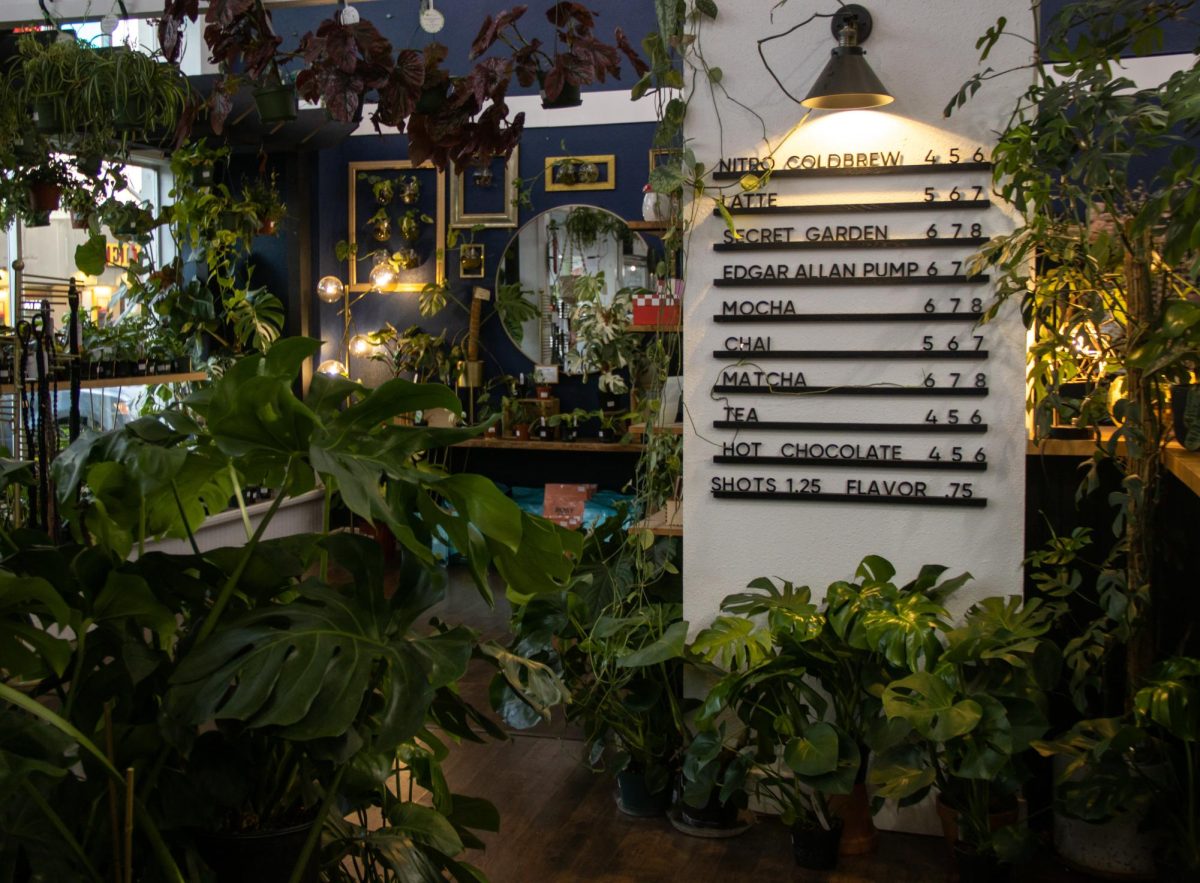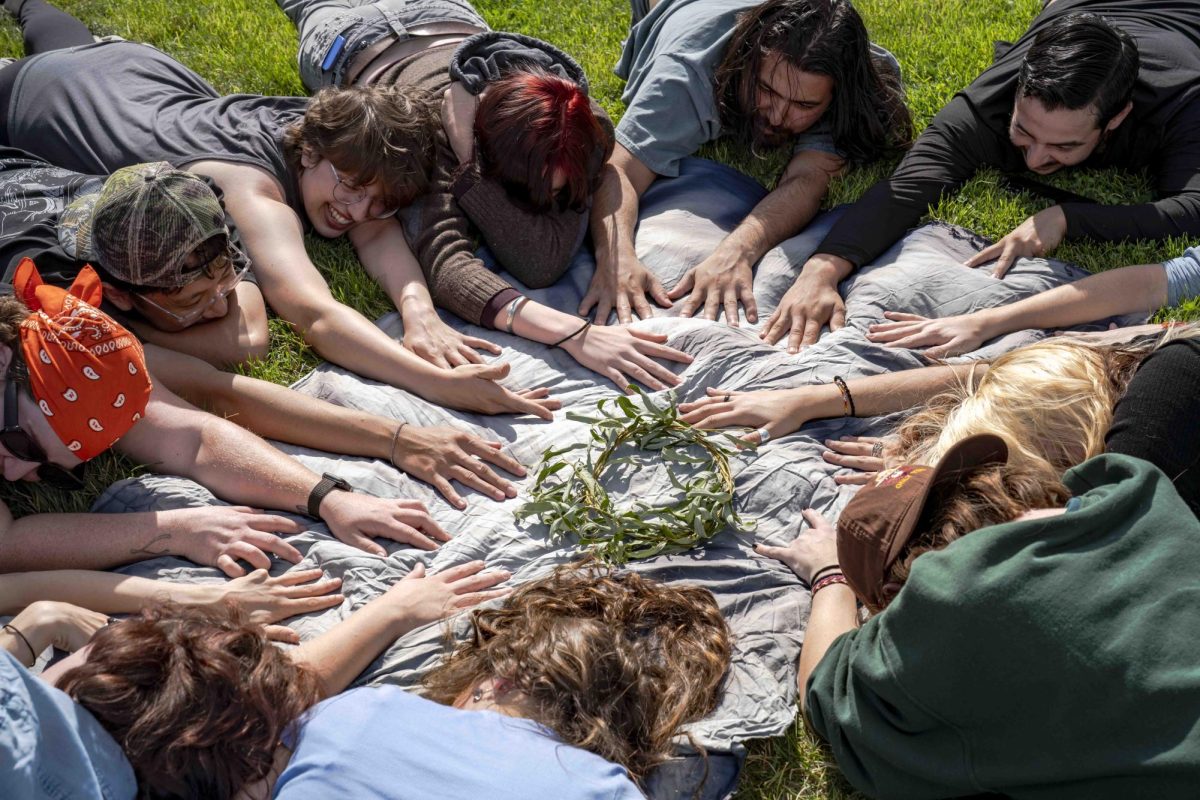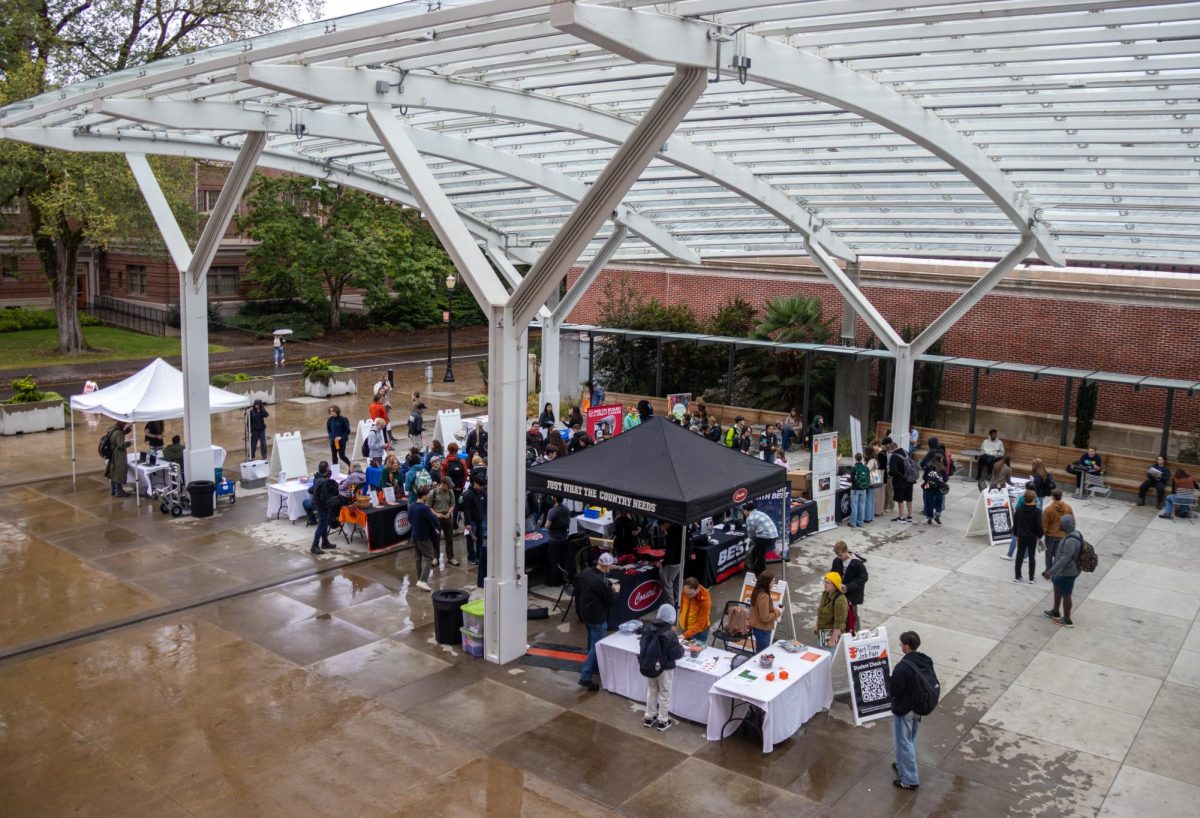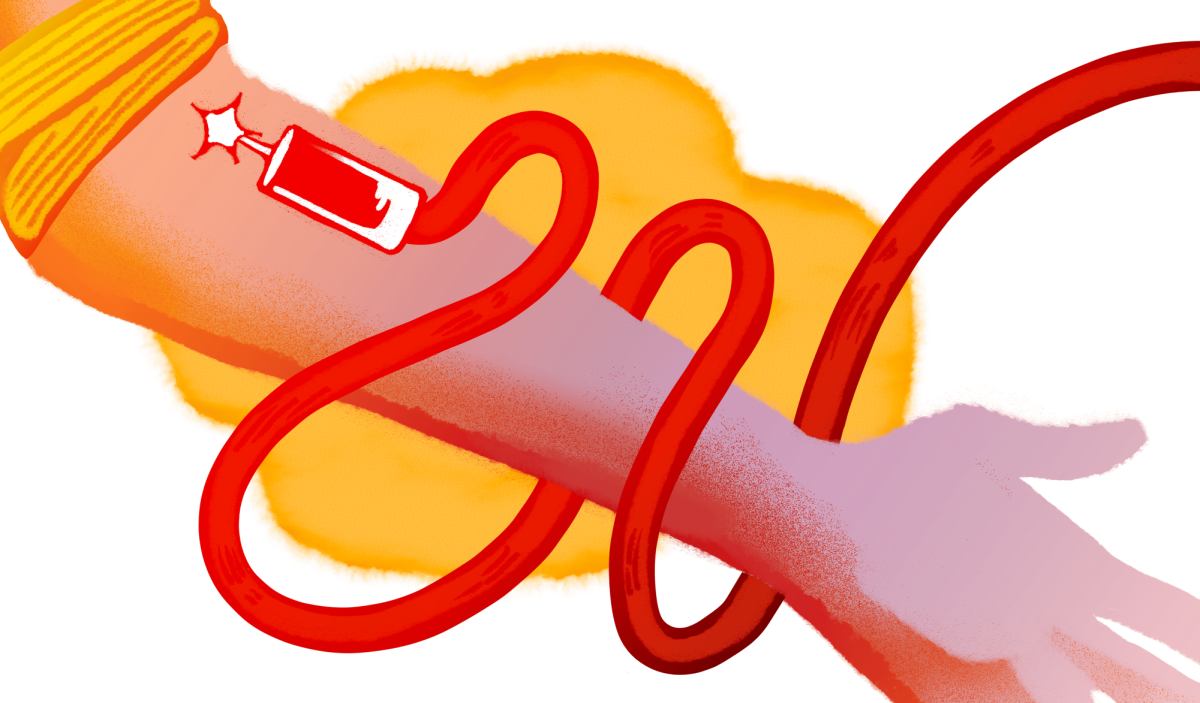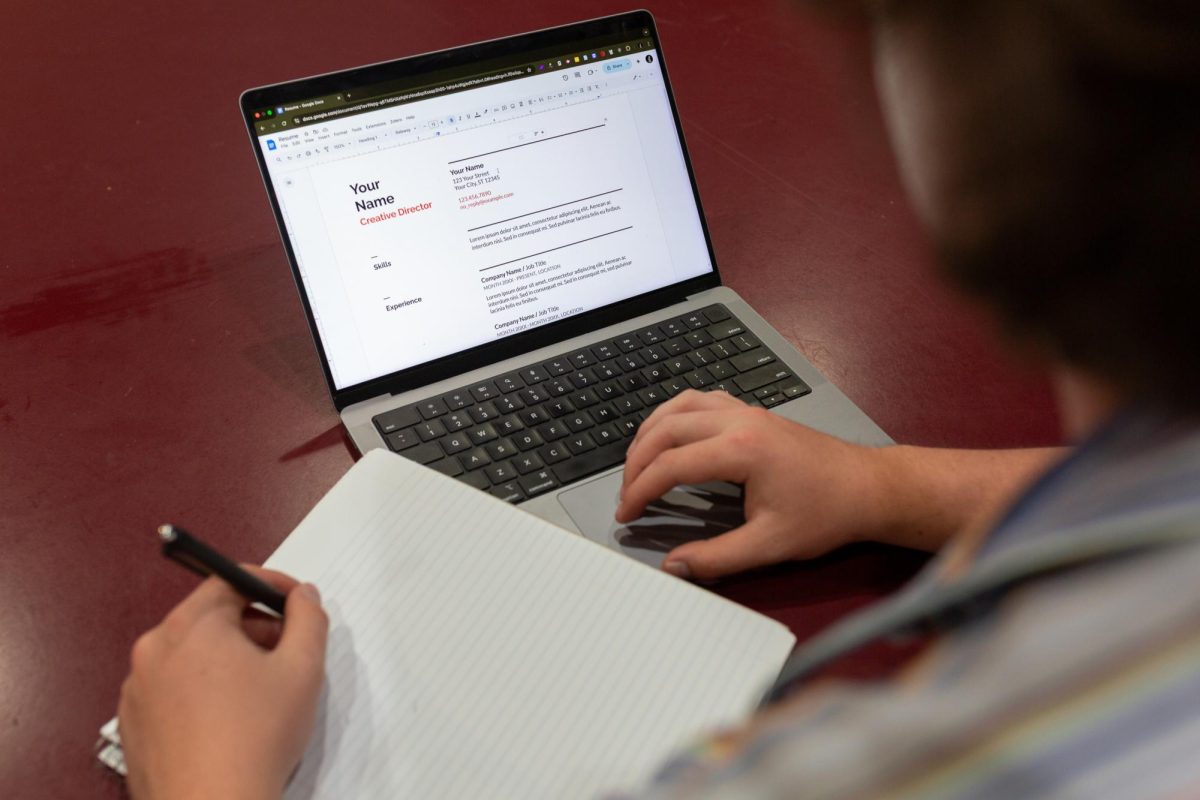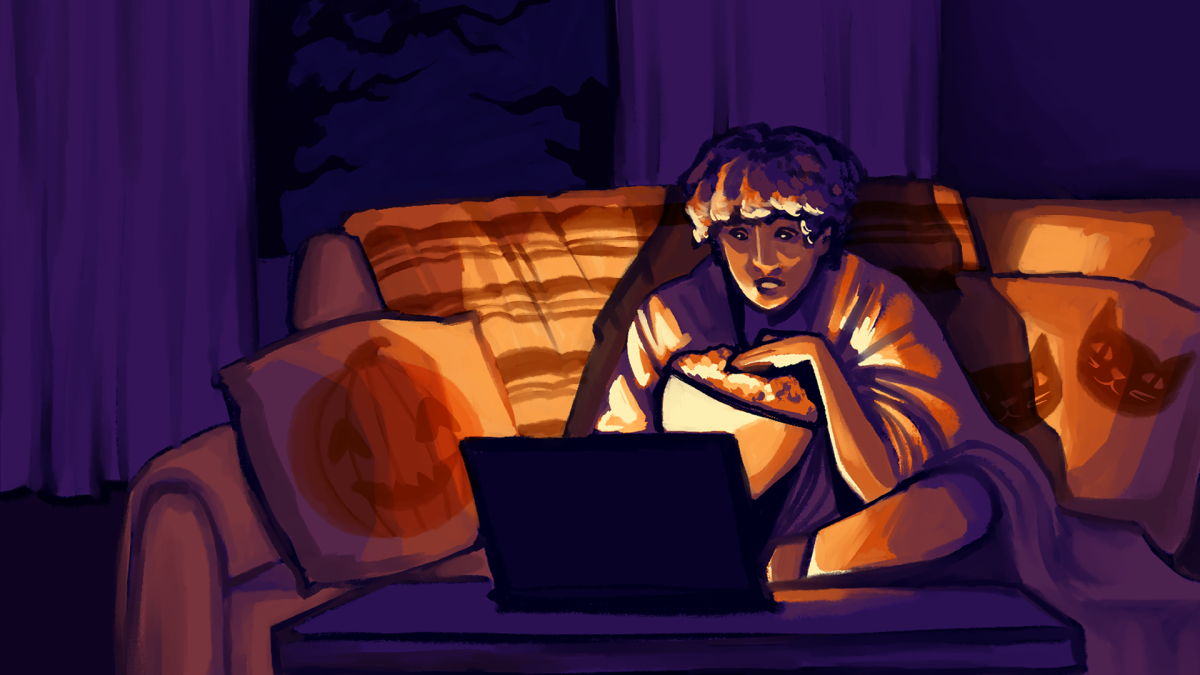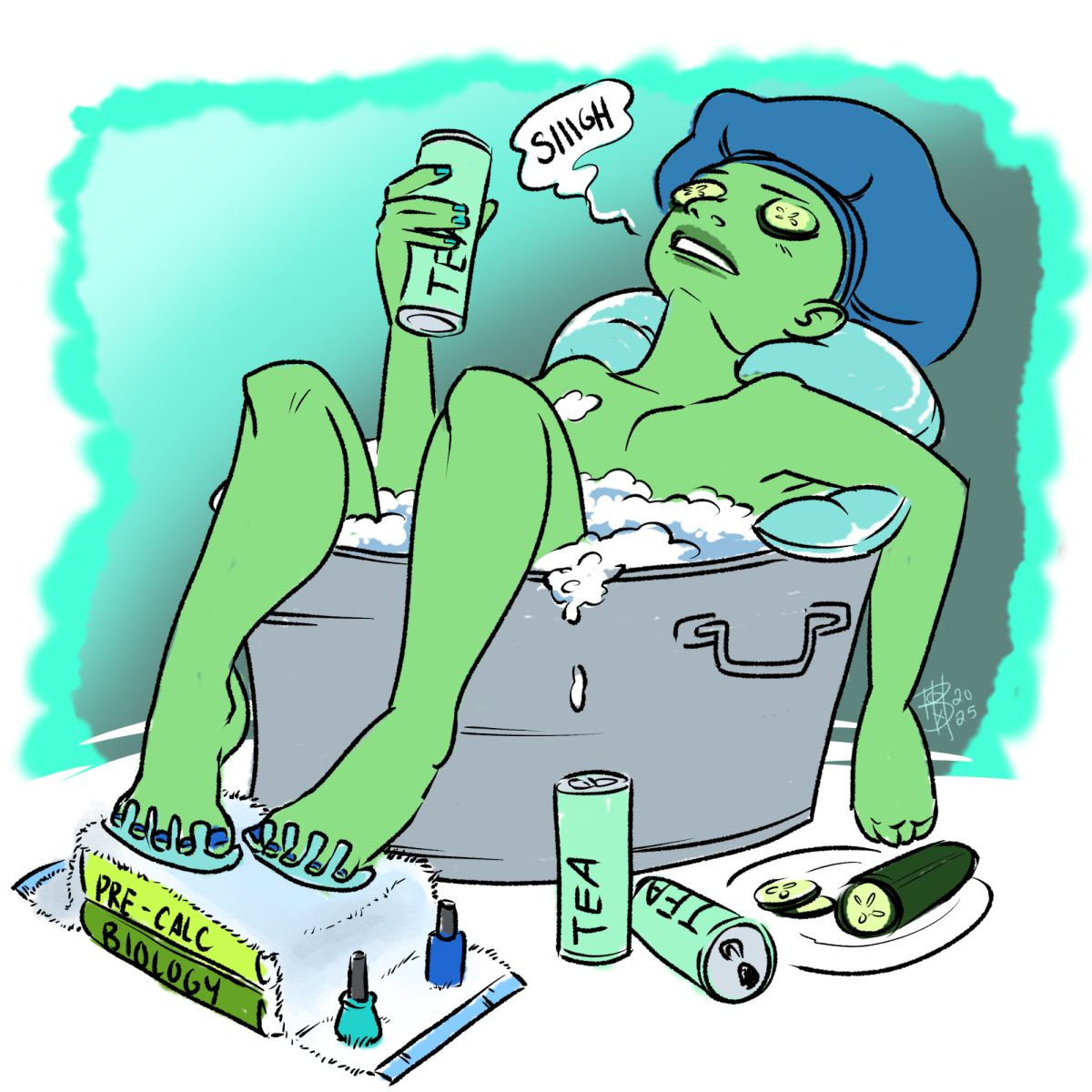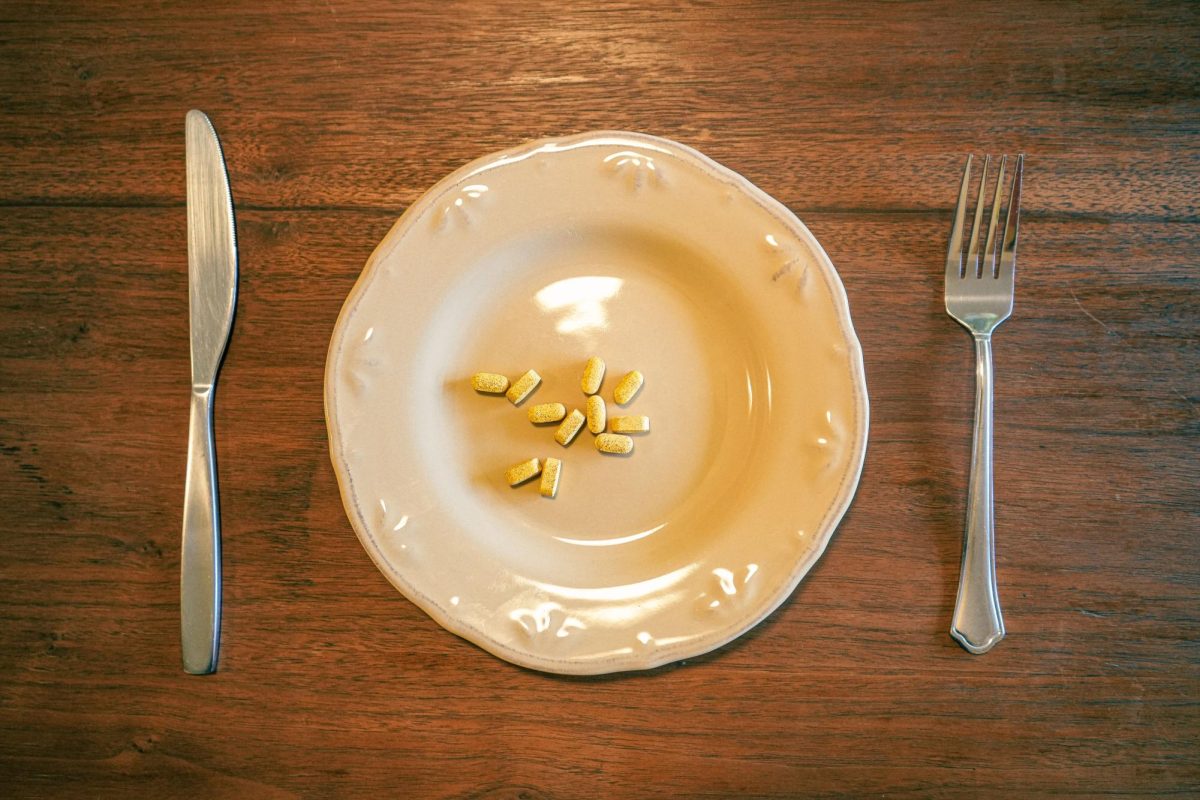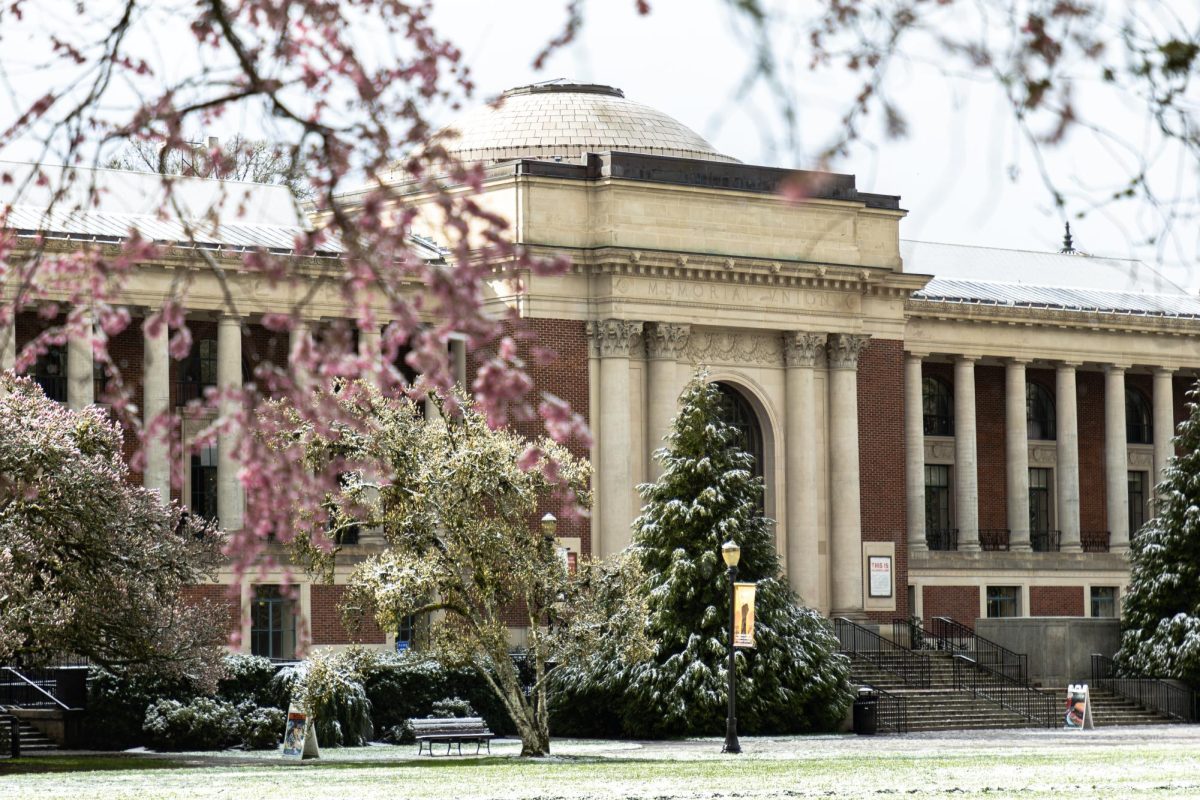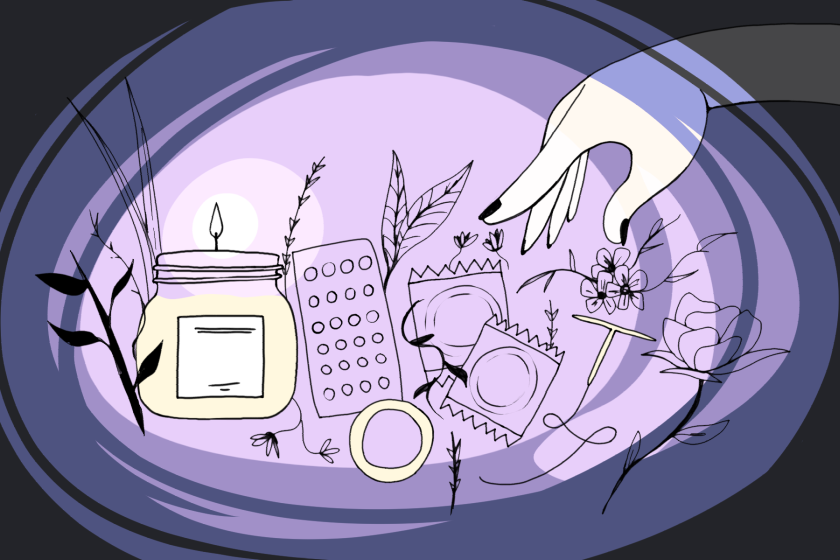It’s a Friday night, and while many students are at parties or local bars, another group is at the Memorial Union.
From 7:30 to 8:30 p.m., recovery students come together for a “recovery study hour.” The gathering, hosted by the Joan & Tom Skoro Collegiate Recovery Program, is just one of the many weekly meetings made to support students navigating sobriety on campus.
The Joan & Tom Skoro Collegiate Recovery Program aims to provide an open, inclusive environment for students seeking support for substance use. It focuses on harm reduction and recovery while helping to promote acceptance of others and ending stigma when it comes to being in recovery.
The Collegiate Recovery Program began in 2013 when Oregon State University collaborated with Student Health Services to help fulfill the needs of university students in recovery or seeking support for substance use.
The Collegiate Recovery Community is funded in part by Pepsi through the OSU Beverage Partnership.
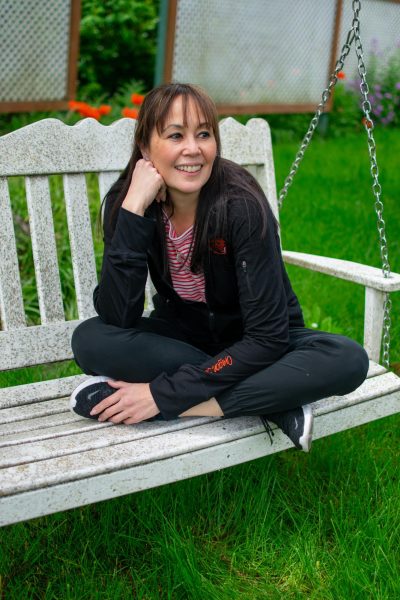
The CRP offers a safe space for students in recovery or those who are sober, addressing a need that can be often overlooked in university settings.
“I think college culture strongly pushes the idea of partying,” wrote Claire Follett, a computer science major, in an email. She highlighted the importance of having a dedicated community for those pursuing sobriety.
Follett heard about this program around 10 years ago at a time when she was trying to get sober.
“I really wanted to come to Oregon State, but my addiction was just too severe at the time,” Follett said.
Follett began using substances at a young age and struggled with addiction for around a decade. During that time, they attended several treatment centers in an attempt to get clean but faced significant challenges.
After achieving sobriety and maintaining it for about a year, they returned to school as a non-traditional student and joined the OSU campus community.
“I think it’s an incredibly important thing to have on campus and I feel supported in a way that I don’t feel anywhere else on campus,” Follett said.
According to Jay VanDenBogaard, the Collegiate Recovery Program coordinator, the program offers education and outreach not just for students to seek recovery but also to reduce stigma.
“What I see are CRP students showing up for each other and themselves by attending peer support meetings, meeting up for coffee, weekends hikes or trips to the beach or mountains engaging in substance-free activities,” wrote VanDenBogaard in an email interview.
The stigma and misunderstanding when it comes to recovery and sobriety, especially while in college are significant challenges for many students.
“We live in a culture where drinking and partying is so normalized, I think some people assume everybody does it. It’s hard trying to explain my situation, I get scared that people will judge me,” wrote Follett. “I wish people understood that for some of us, it’s not just one drink. Addiction is a disease, and it cannot be cured with ‘better self-control.’”
Follet emphasized that having conversations about recovery is important and everyone is on a different journey.
They said that sobriety does not have to be depressing, and they feel freer than they ever have in their life now.
VanDenBogaard encourages any student who has questions or may be curious about what harm reduction or recovery looks like to reach out to their email at [email protected] or visit their website for more information on where to find mutual aid meetings.

